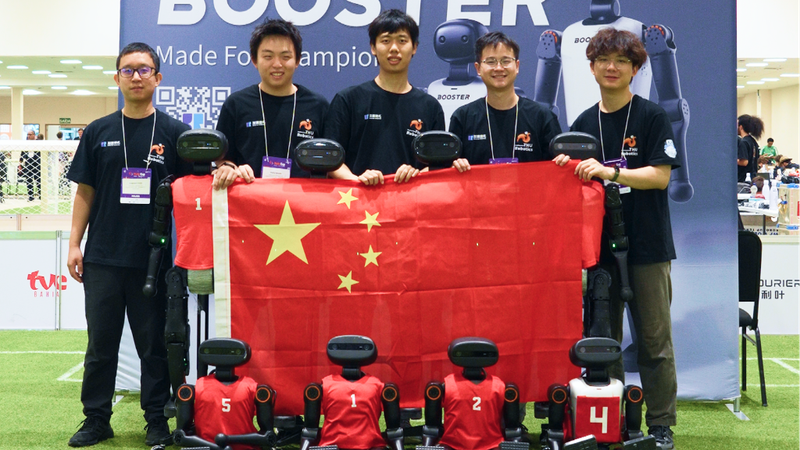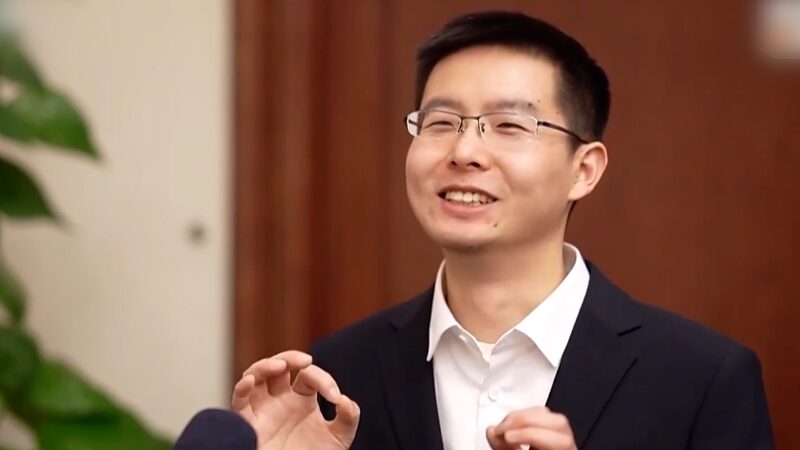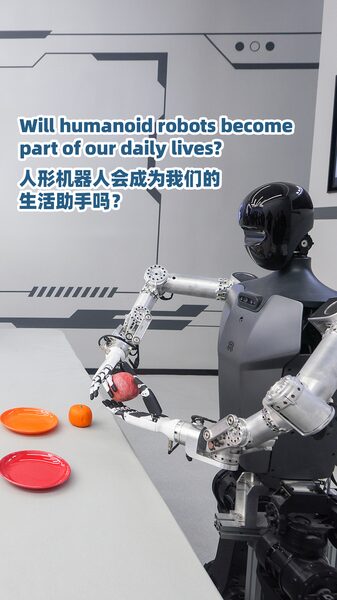In a historic milestone for China's robotics sector, Tsinghua University's Hephaestus and China Agricultural University's Mountain & Sea secured first and second place in the adult size category at the RoboCup Humanoid League in Brazil this week. The victory marks the first time a Chinese team has claimed the championship in the competition's 28-year history, with Tsinghua edging out its domestic rival 5-3 in a tense final.
Technical Prowess on Display
The Chinese teams demonstrated overwhelming technical superiority throughout the tournament. Tsinghua's T1 robots – featuring domestically developed accelerated evolution algorithms – delivered multiple clean-sheet victories, including a 16-0 rout against the University of Texas at Austin's team. Three other Chinese squads placed strongly across categories, with Tsinghua's TH-MOS taking second in the kid size division.
Global Adoption of Chinese Tech
Notably, international competitors from Germany and the U.S. opted to use Chinese-developed robotic platforms like the T1 and K1 models. The German champion Boosted HTWK relied on K1 robots for their kid size category win, underscoring China's growing influence in advanced robotics infrastructure.
"China's hardware platforms have become the go-to equipment for top-tier competitions," said Booster Robotics founder Cheng Hao, whose company supplied official hardware. "This signals our transition from participants to core innovators in global robotics."
Algorithmic Edge
CAU team leader Yang Shaoshuai credited China's success to breakthroughs in visual positioning and decision-making algorithms: "Tsinghua's advanced AI architecture gave them the final edge, but our collective progress shows how systematic preparation drives technological leadership."
The results highlight China's accelerating capabilities in AI-driven robotics, with implications for industries from manufacturing to service automation. As academic institutions and tech firms collaborate on competition-tested innovations, these advancements are poised to reshape global technological landscapes.
Reference(s):
Two Chinese teams sweep 1-2 in adult size at Robo Cup Humanoid League
cgtn.com








